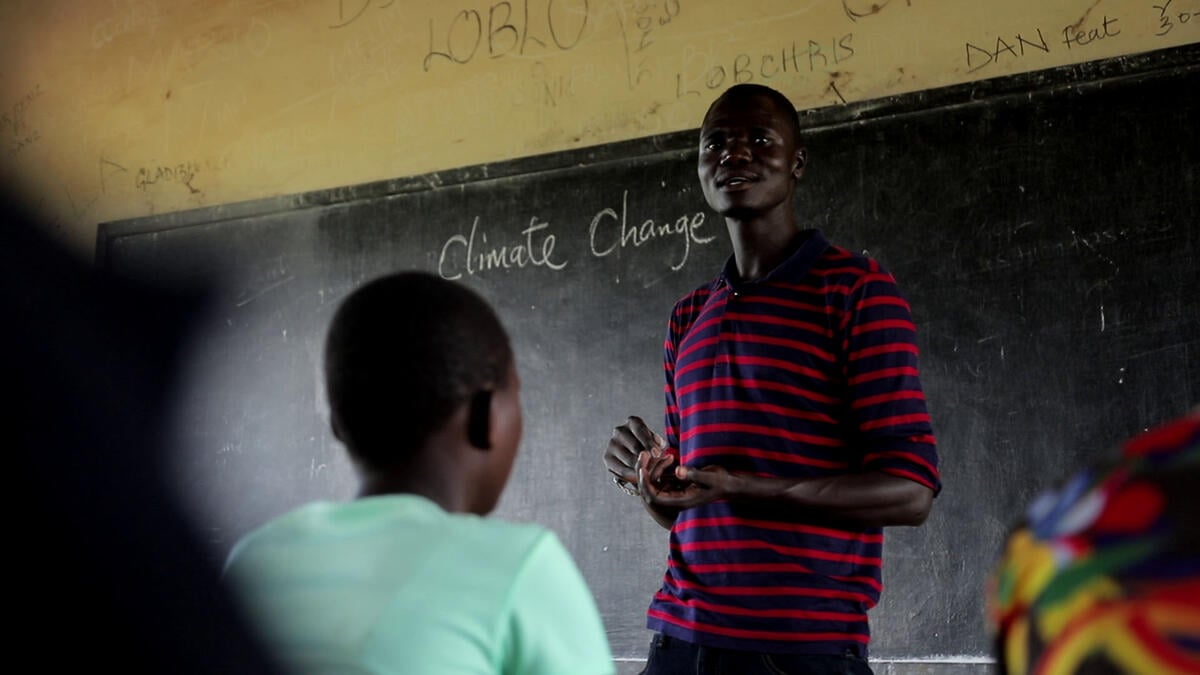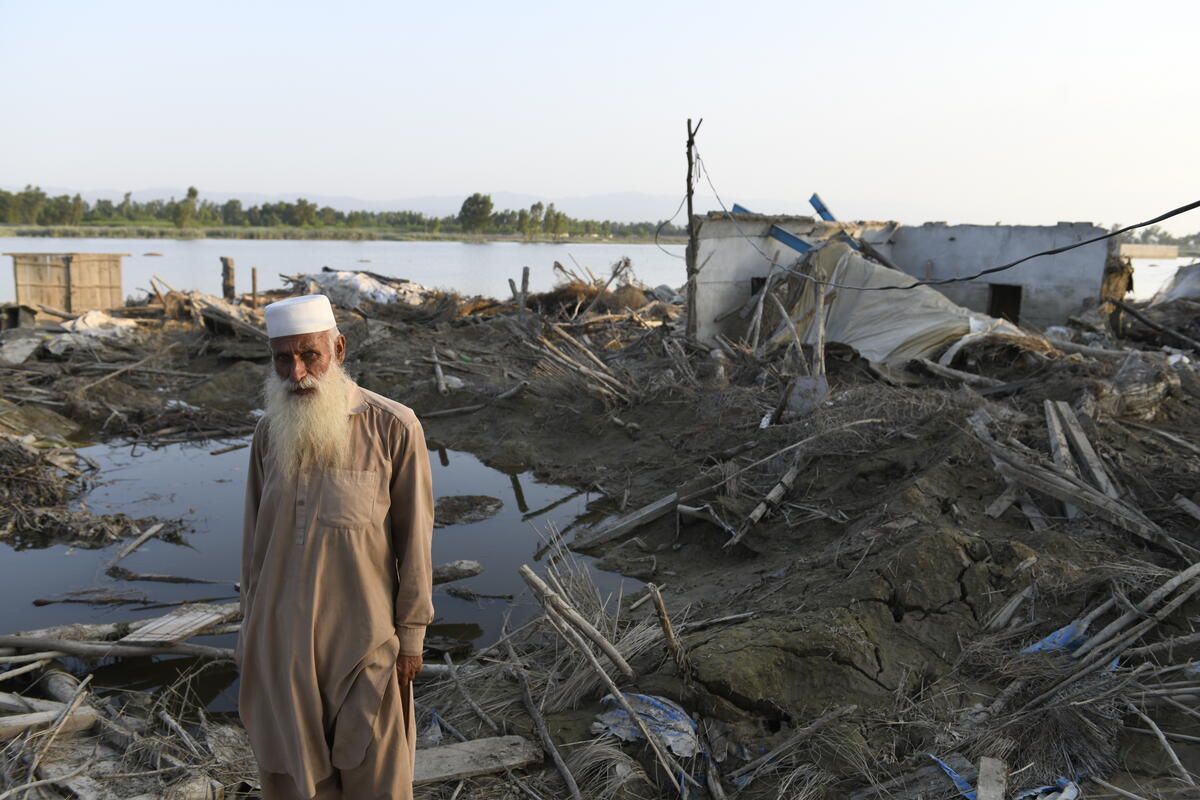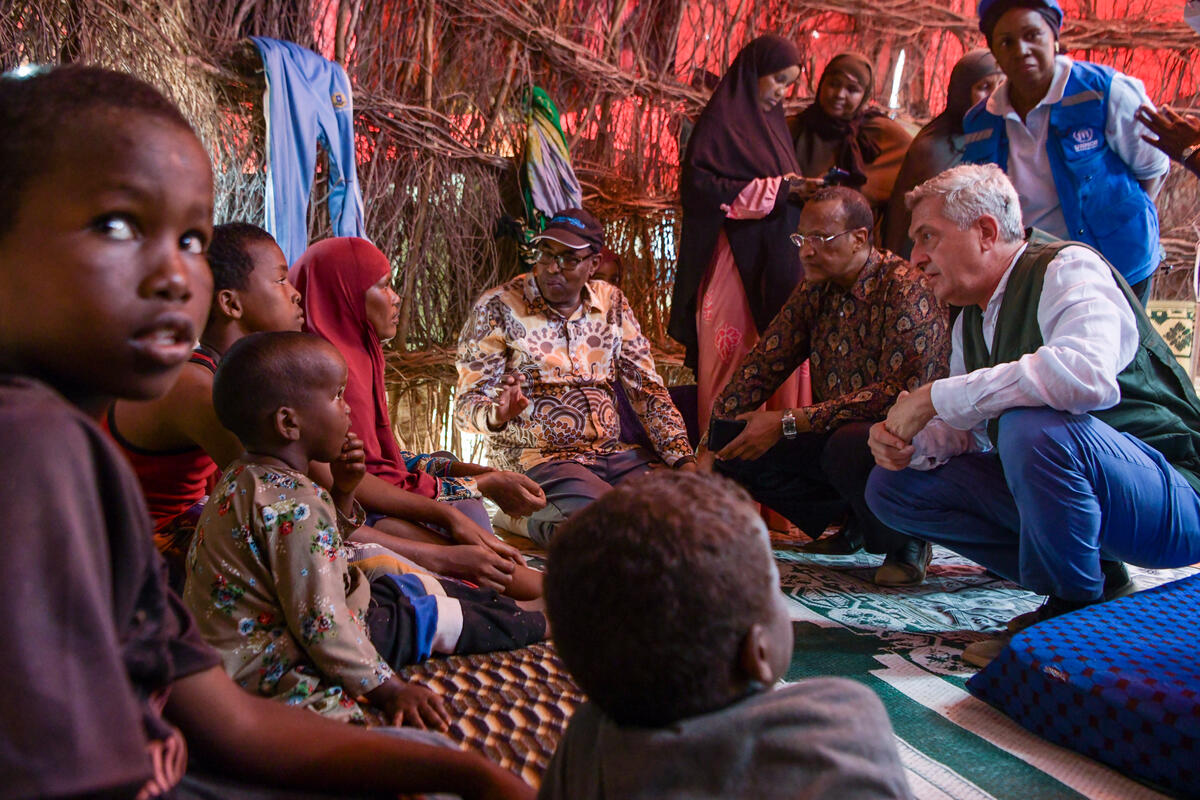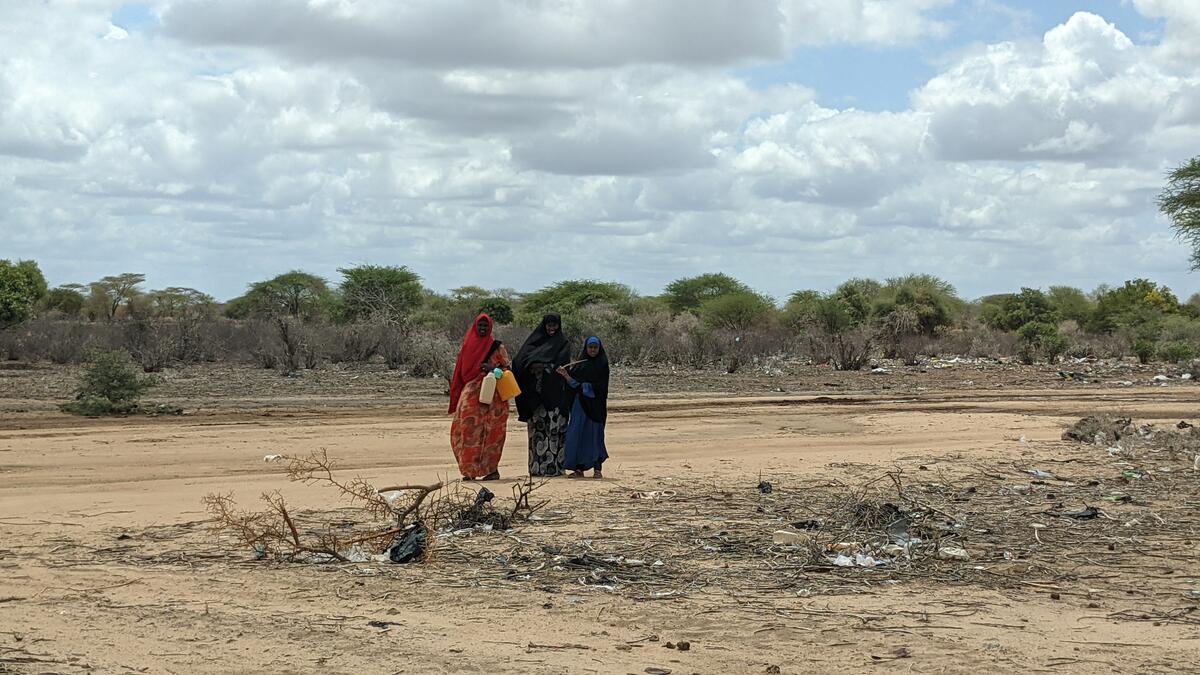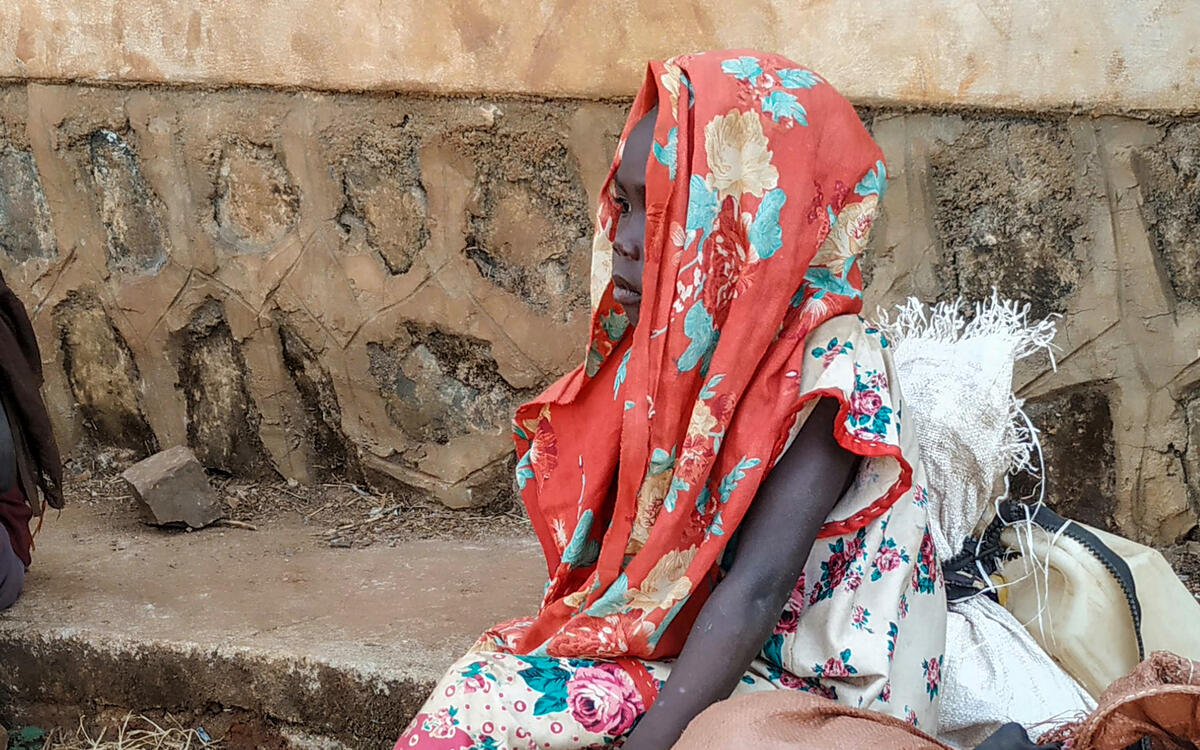Pakistan: 16,000 Afghans transferred to refugee village
Pakistan: 16,000 Afghans transferred to refugee village
UNHCR on Sunday completed the transfer of more than 16,000 Afghan refugees from two makeshift sites in Jalozai, Pakistan, to the New Shamshatoo refugee village in North-West Frontier Province.
The refugees are predominantly Tajiks, Uzbeks and Hazaras, from north-eastern Afghanistan, which has been seriously affected by continuing conflict and drought. The vast majority are women and children.
UNHCR is also assisting another 5,000 new refugees at Akora Khattak refugee settlement, some 50 km east of Peshawar. In the neighbouring province of Baluchistan, UNHCR is planning to move 1,335 new arrivals to an existing refugee camp.
There has been a considerable increase in the number of Afghans fleeing the combined effects of a protracted war and the worst drought in memory. Since September, more than 47,000 Afghans have crossed into Pakistan.
At New Shamshatoo, UNHCR is providing tents, quilts, kitchen sets, stoves and jerry cans. WFP is distributing 100 kgs of wheat flour, 12.5 kg of pulses and vegetable oil to each family.
The International Medical Corps (IMC) and Pakistan's Public Directorate for Health (PDH) have begun a mass immunisation programme. So far, more than 11,000 children have been inoculated against measles. In collaboration with several NGOs, UNHCR is expanding the shelter, water and sanitation capacity of New Shamshatoo camp. Some 830 houses, 150 shallow wells and 1,405 latrines are already under construction.
Pakistan hosts more than 1.2 million Afghan refugees, one of the largest and oldest refugee populations in the world. It closed its border with Afghanistan on 9 November, saying that Pakistan could no longer cope with the influx of new refugees.


